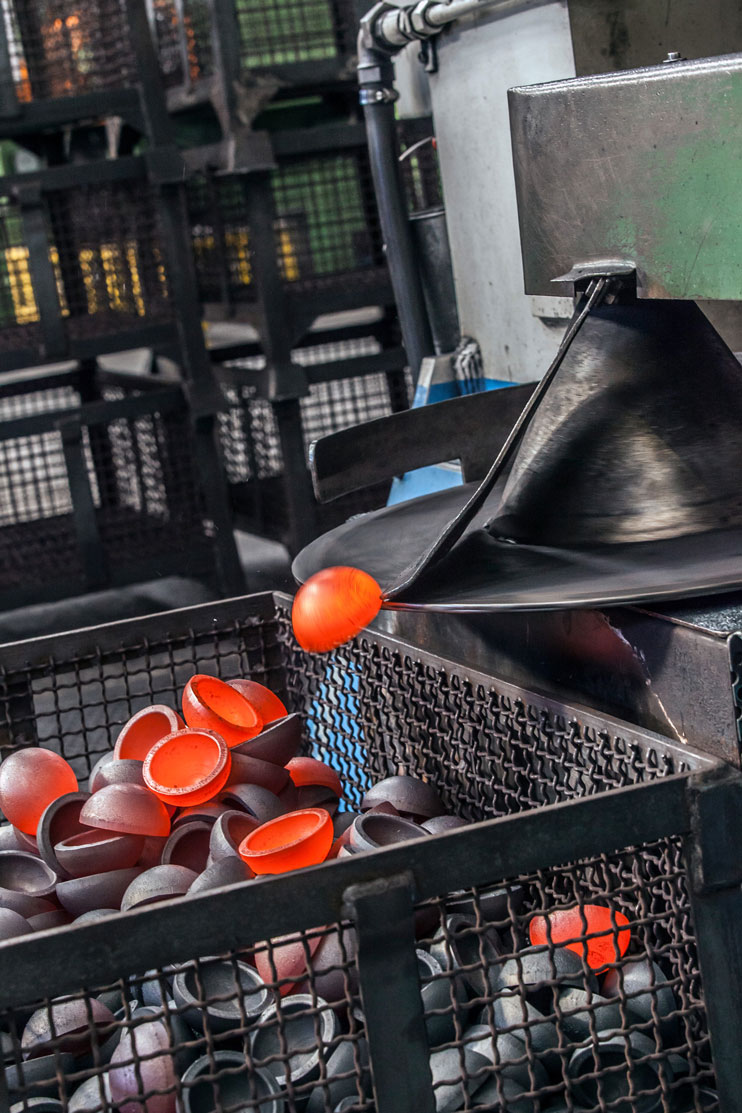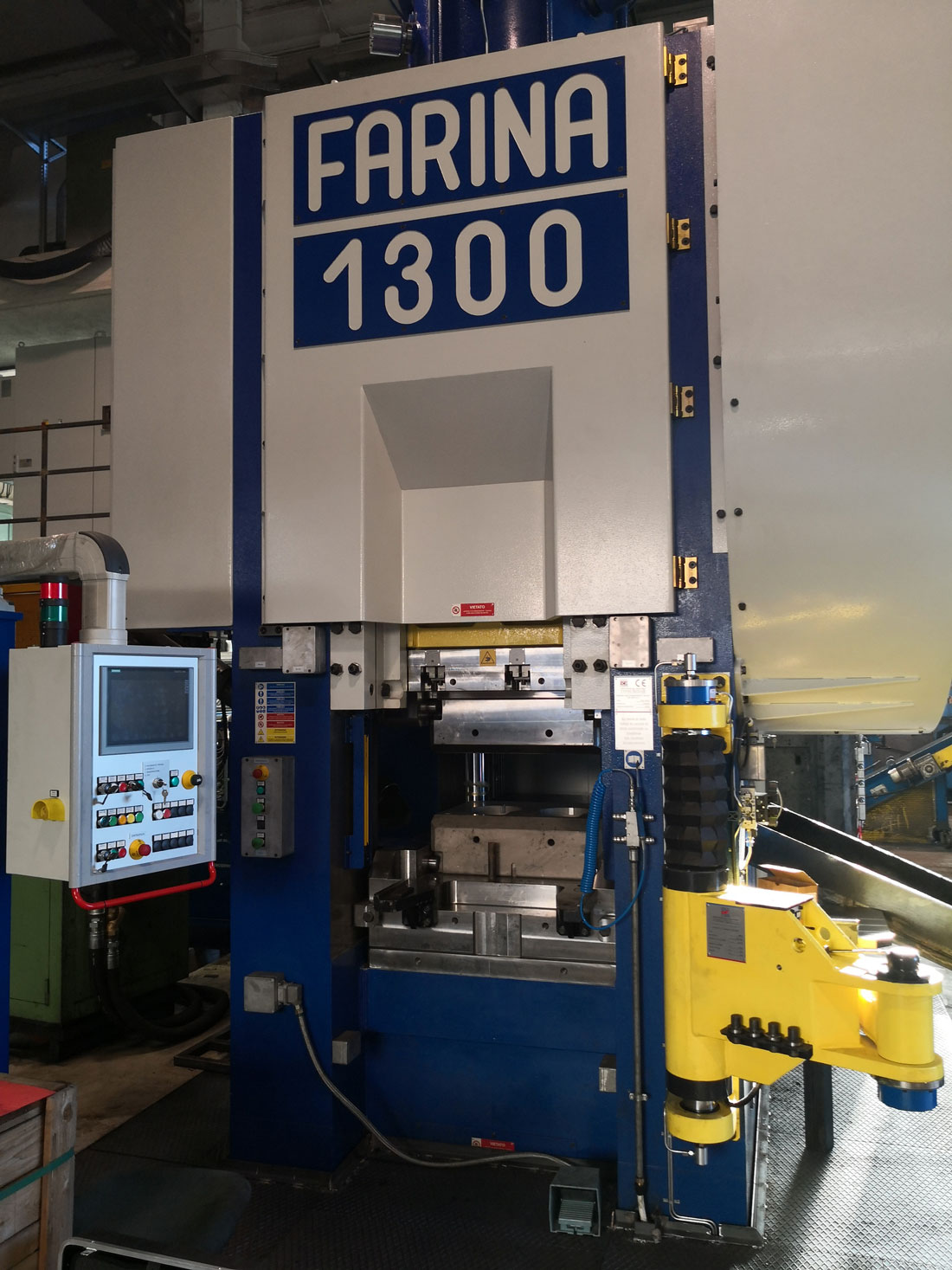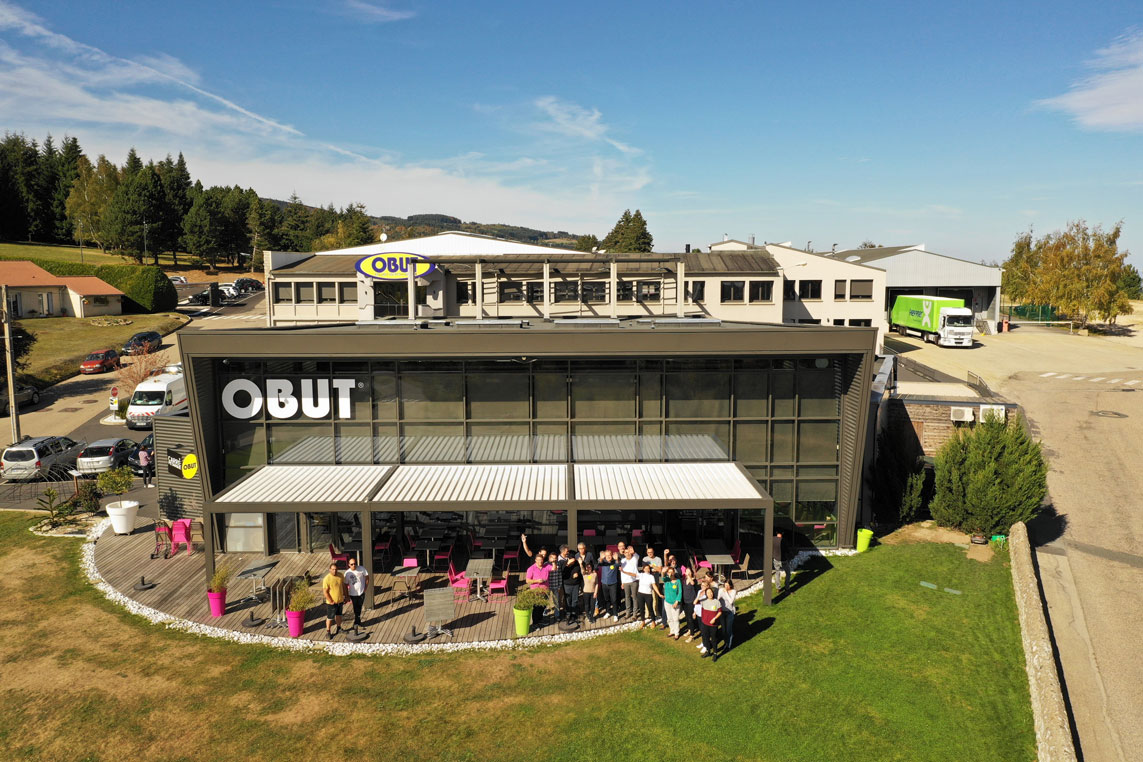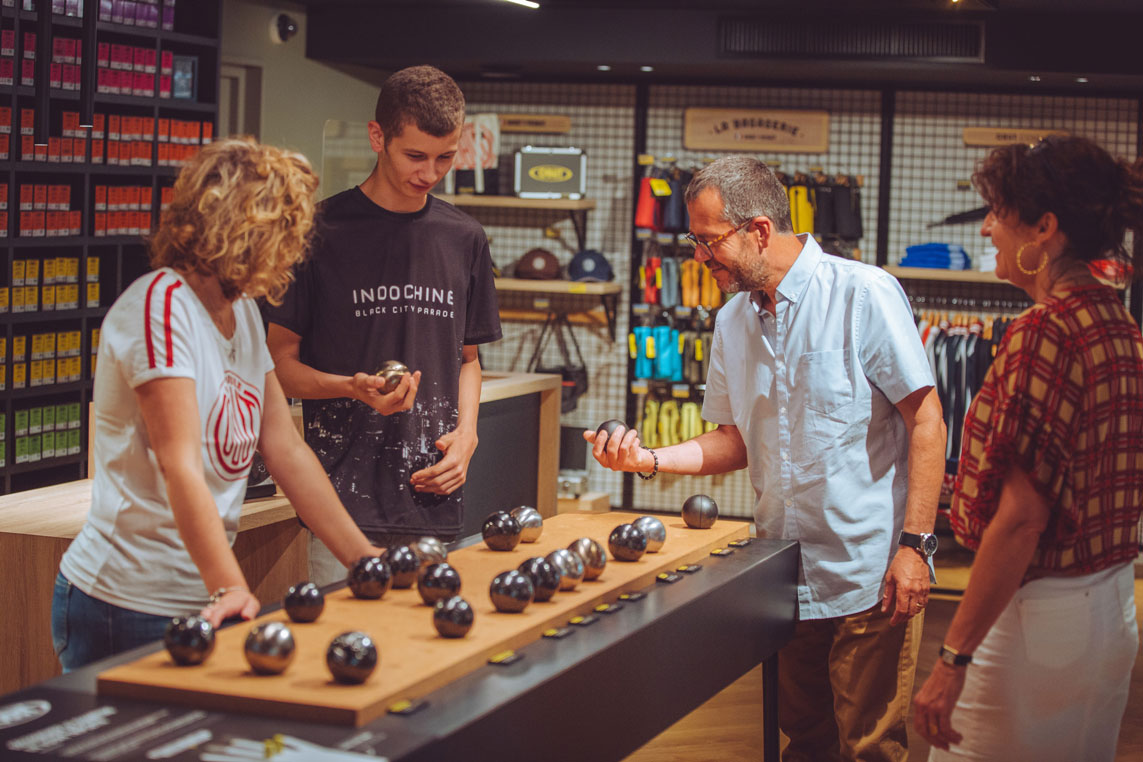Forging line for boules balls
Göppingen/Saint-Bonnet-le-Château, July 20, 2022 – Boules or Pétanque, as it is called in France, is a popular sport there. Since 1955, the company Obut (from the French “au but”, which means “in the direction of the target”) has been producing the steel balls weighing around 700 grams and enjoying a veritable cult status in Germany’s neighboring country. Starting next summer, they will be produced at the company’s headquarters in Saint-Bonnet-Le-Château near Lyon on a 1,300-ton forging press from Farina.
“Schuler and Farina have been great in helping us find the equipment to meet our needs,” says Romain Souvignet, president of La Boule Obut, whose grandfather joined the company in 1958. “The new forging press impressed us not only with its high productivity, but also with the low energy requirements and high connectivity that our manufacturing needs.”

Premium manufacturer Obut has ordered a Farina press from Schuler for the automated production of boule balls
The starting material for the boule balls, which have a diameter of just over seven centimeters (2.75 inches), are steel rods sawn into sections, which a press first forms into discs and then into half shells. These are then welded together, machined, and polished to a mirror finish. On Obut’s website, visitors can not only choose between different models made of stainless or carbon steel, but also mark them individually. Once the customer has clicked on “Order,” the job goes straight into production.

The 1,300-ton forging press from Farina replaces two lines with a press force of 600 and 800 tons respectively.
The 1,300-ton Farina forging press replaces two lines with a press force of 600 and 800 tons respectively, which are becoming obsolete. The future line, which also includes a transfer and a furnace, will form a half shell every two seconds. This is also necessary, because every month 200,000 balls leave the factory in the Loire department, to which the small workshop in the heart of the village has been transformed over the past almost 70 years. In addition to extensive accessories, boules courts and courses, the portfolio now also includes its own restaurant in Saint-Bonnet-le-Château: the “Carré Pétanque”.

The name of the company founded in 1955 is derived from “au but,” which means “in the direction of the target”.
The Farina facility is the first ever in France to be equipped with the KERS kinetic energy recovery system. This not only enables Obut to significantly reduce power consumption, but also benefits from a government subsidy – and also increases the attractiveness of the workplace for operators thanks to the associated lower vibrations as well as noise emissions.



Leave A Comment
You must be logged in to post a comment.